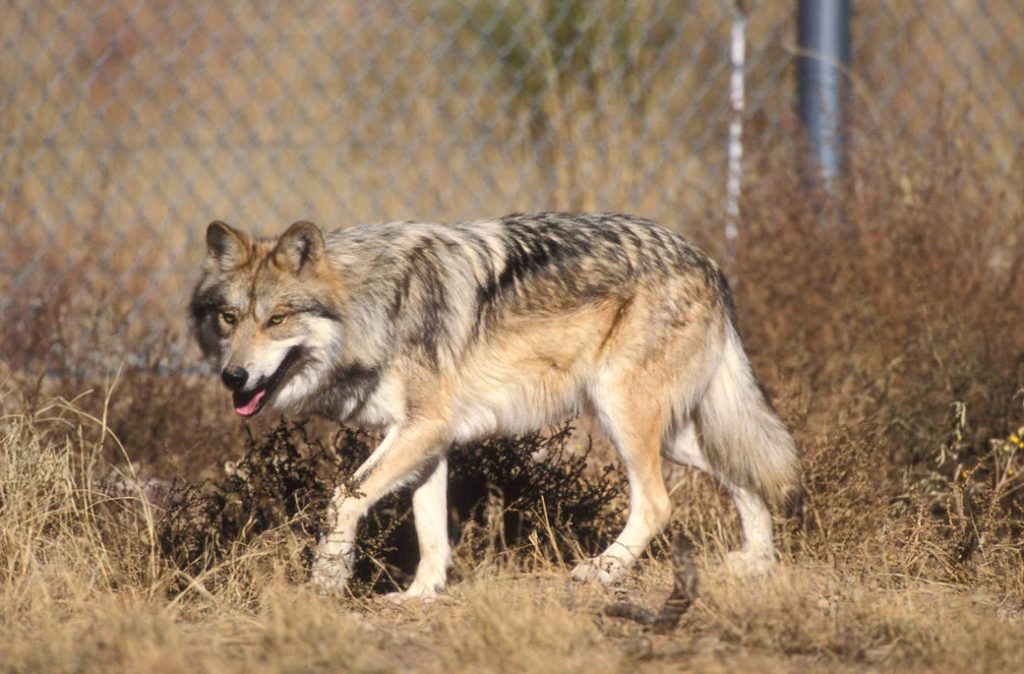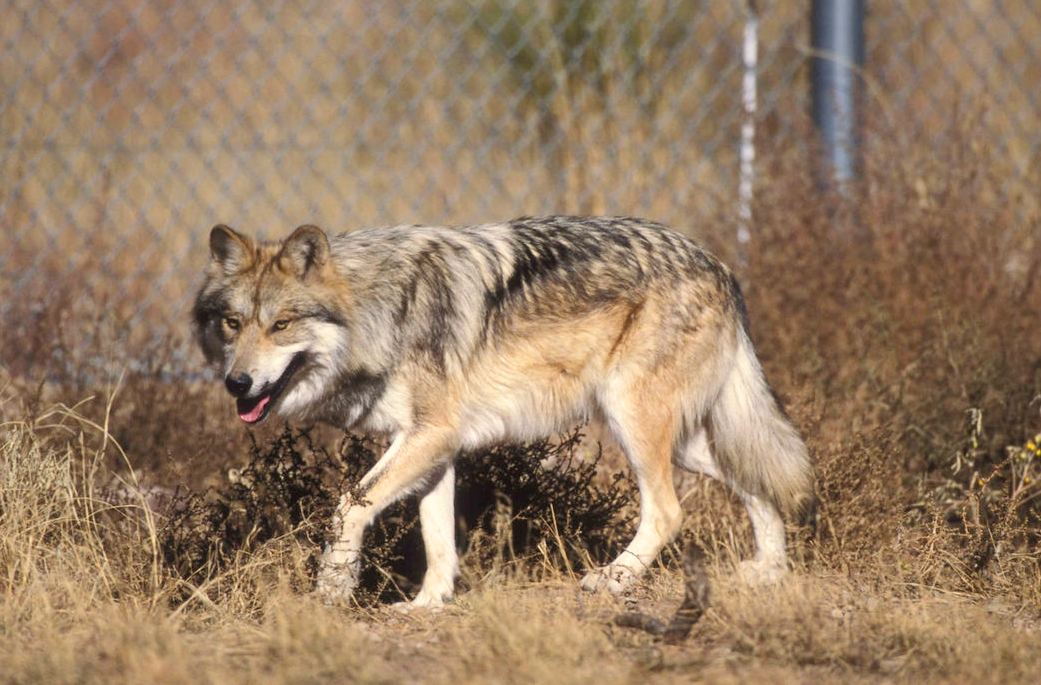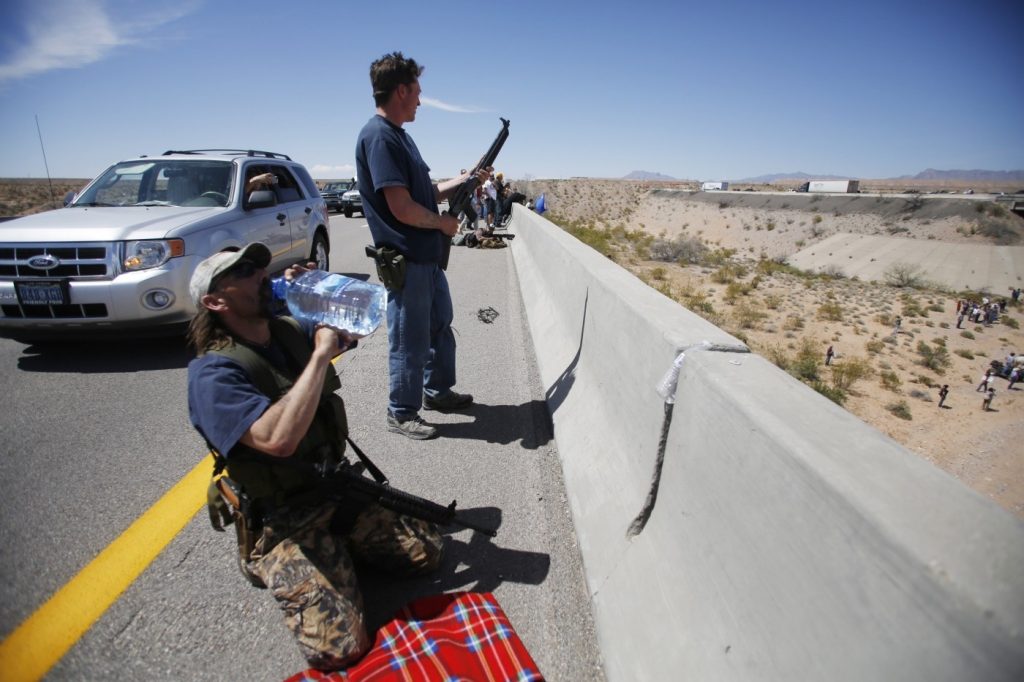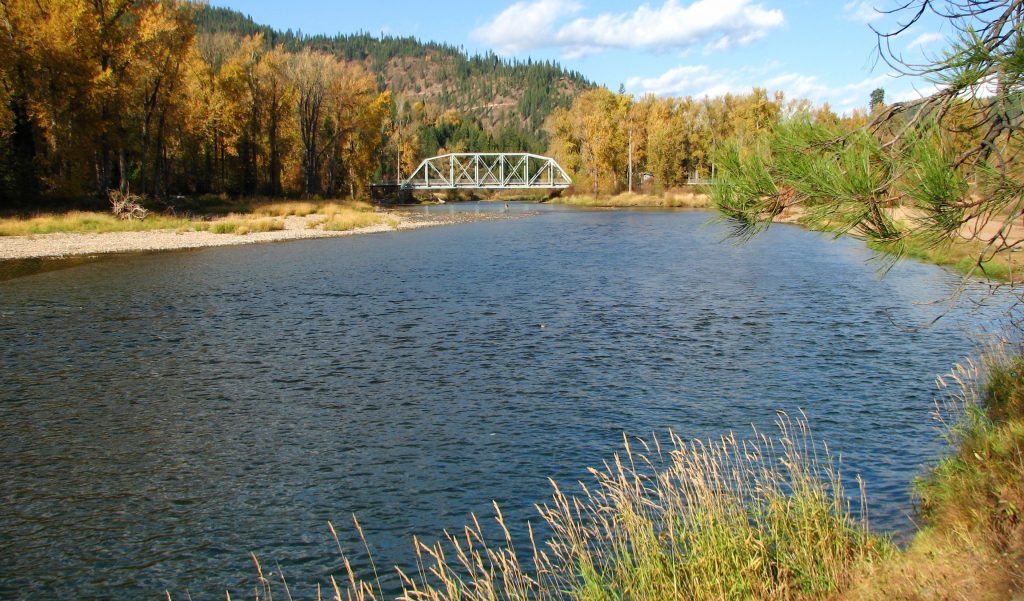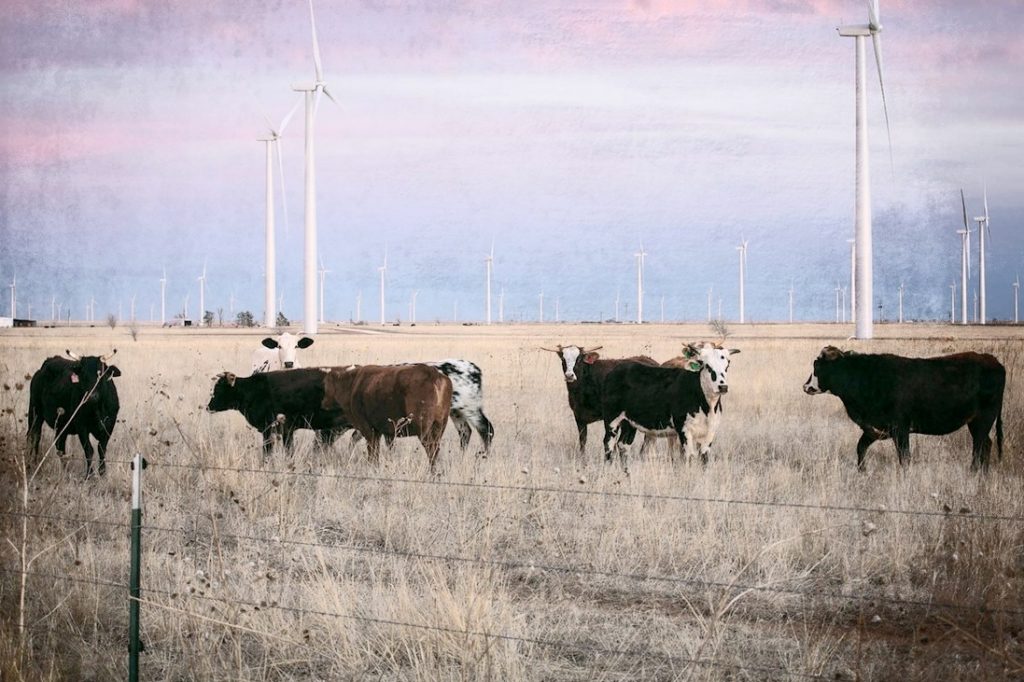The Livestock Loss Board voted unanimously Nov. 3 to compensate ranchers up to $2,500 per animal for confirmed wolf kills. The action is an interim policy while the board works to set up more formal measures for identifying wolf depredations and compensating ranchers for them.
State takes steps to repay ranchers for wolf depredations
APACHE COUNTY — The thorny problem of how to compensate ranchers for cattle killed by the Mexican gray wolf is now one step closer to getting a procedural solution.
Earlier this month, the Arizona Livestock Loss Board met and approved a number of measures, including one aimed at providing compensation for ranchers who lose cattle to wolf depredations.
According to a press release issued last week by Arizona Game and Fish Department, “the board’s unanimous vote Nov. 3 allows ranchers to be compensated for a wolf depredation incident after it is investigated and confirmed by a U.S. Department of Agriculture Wildlife Services field representative.”
The Livestock Loss Board voted unanimously Nov. 3 to compensate ranchers up to $2,500 per animal for confirmed wolf kills. The action is an interim policy while the board works to set up more formal measures for identifying wolf depredations and compensating ranchers for them.

Previously, ranchers in Arizona and New Mexico’s Mexican wolf territory worked with the so-called Coexistence Council, but ranchers were not satisfied with that agency’s efforts to compensate ranchers.
“There were just concerns about not reacting quickly enough,” said Arizona Game and Fish Ombudsman Kevin Kinsall, who added that there was also concern about parity of resources to compensate ranchers between the two states with the Coexistence Council.
Last year, the Arizona Livestock Loss Board was formed within the Department of Game and Fish to better address concerns about livestock losses to wolves.
“The intent was to figure out how best to meet the needs out there,” Kinsall said.
The only problem is, the Livestock Loss Board currently does not have any funds to begin compensating ranchers.
When the board was formed in 2015, “there was no appropriation when the law was passed,” Kinsall said.
Other actions taken by the board at the recent meeting seek to resolve the board’s current lack of funding. The board approved writing a letter to the Arizona’s Congressional delegation seeking funding, and also drafting legislation at the state level to fund the activities of the board.
Trudy Balcom
